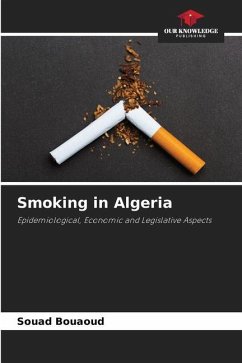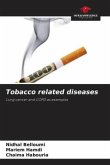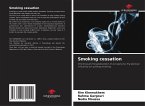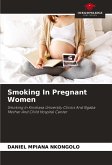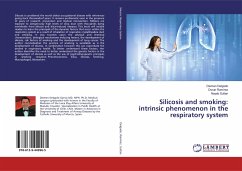The tobacco problem is global and political, and the epidemic and growing crisis of smoking are a threat to health worldwide, with major socio-economic repercussions in the years ahead. In Algeria, smoking is on the rise again. With the burden of infectious diseases still high, chronic and non-communicable diseases are taking on a growing role and currently constitute major public health problems in Algeria. The main aim of our work is to study the epidemiological parameters, economic costs and legislative aspects of this growing epidemic in Algeria. The study focused on the school, university, health and working environments. With regard to legislative aspects, the study shows that despite the existence of a legislative arsenal in Algeria, its application remains inadequate, with a major gap in relation to the WHO Framework Convention on Tobacco Control. It is therefore imperative to set up a genuine national tobacco control program to de-normalize this consumer product, which kills one out of every two smokers.
Bitte wählen Sie Ihr Anliegen aus.
Rechnungen
Retourenschein anfordern
Bestellstatus
Storno

